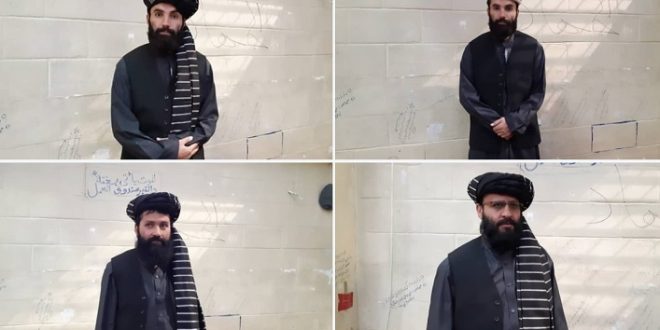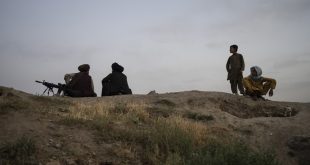The government of Afghanistan has decided to release Anas Haqqani, Haji Mali Khan and Hafiz Rashid, three Haqqani Network commanders in exchange for the release of Kevin King, an American and Timothy Weeks, an Australian lecturer at the American University of Afghanistan who were kidnapped in 2016. It is unclear how or when the exchange of prisoners will take place. As the exchange unfolded, which is a good omen, perhaps a first giant step to peace has prompted hopes that the move would ultimately lead to an inclusive and serious talks to find political settlement in Afghanistan conflict. Some termed swap deal, a pragmatic step which will add more trust and confidence among the core parties to resume peace talks. Reduction in violence, trust building, complete ceasefire and public negotiations is what expecting from this deal. But the Taliban have refused to negotiate with the Afghan government, which announced in October that it would not take part in talks, putting at least one-month ceasefire as precondition. Indeed, this is a big deal if it works. President Ashraf Ghani said the decision had been tough but important decision. Before, his spokesman, Sediq Sediqqi once said Anas Haqqani is the red line of the Afghan government and the people. The people of Afghanistan will not allow the government to release Haqqani who is the killer of the Afghan people. But he has released now along with two other most notorious. The Haqqani terrorist network is known for carrying out deadly attacks in Afghanistan. In 2016 it carried a truck bombing in Kabul that killed over 150 people, and many more were wounded. The terrorist group is believed to be based in Pakistan—a complicated neighbor, where top leaders of militant group were killed there. In July when Pakistani Prime Minister Imran Khan visited Washington, said he would do his best to help release the American University processors. Moreover, on Monday, one day before prisoner exchange, a Pakistani delegation, including the chief of Inter-Services Intelligence (ISI) visited Kabul, meeting Afghan authorities, discussing the issue of prisoner exchange. Anyways, something is seriously cooking behind their release, but what is that – is it progress toward the peace process or a false hope? Whatever it could be, but the Afghans blood that has been splitting during all these years is not worthless. If the move could bring peace, or at least help the Afghan-owned peace process, is much laudably, but the government would be responsible if new cycle of violence reach peak.

 Afghanistan Times
Afghanistan Times



